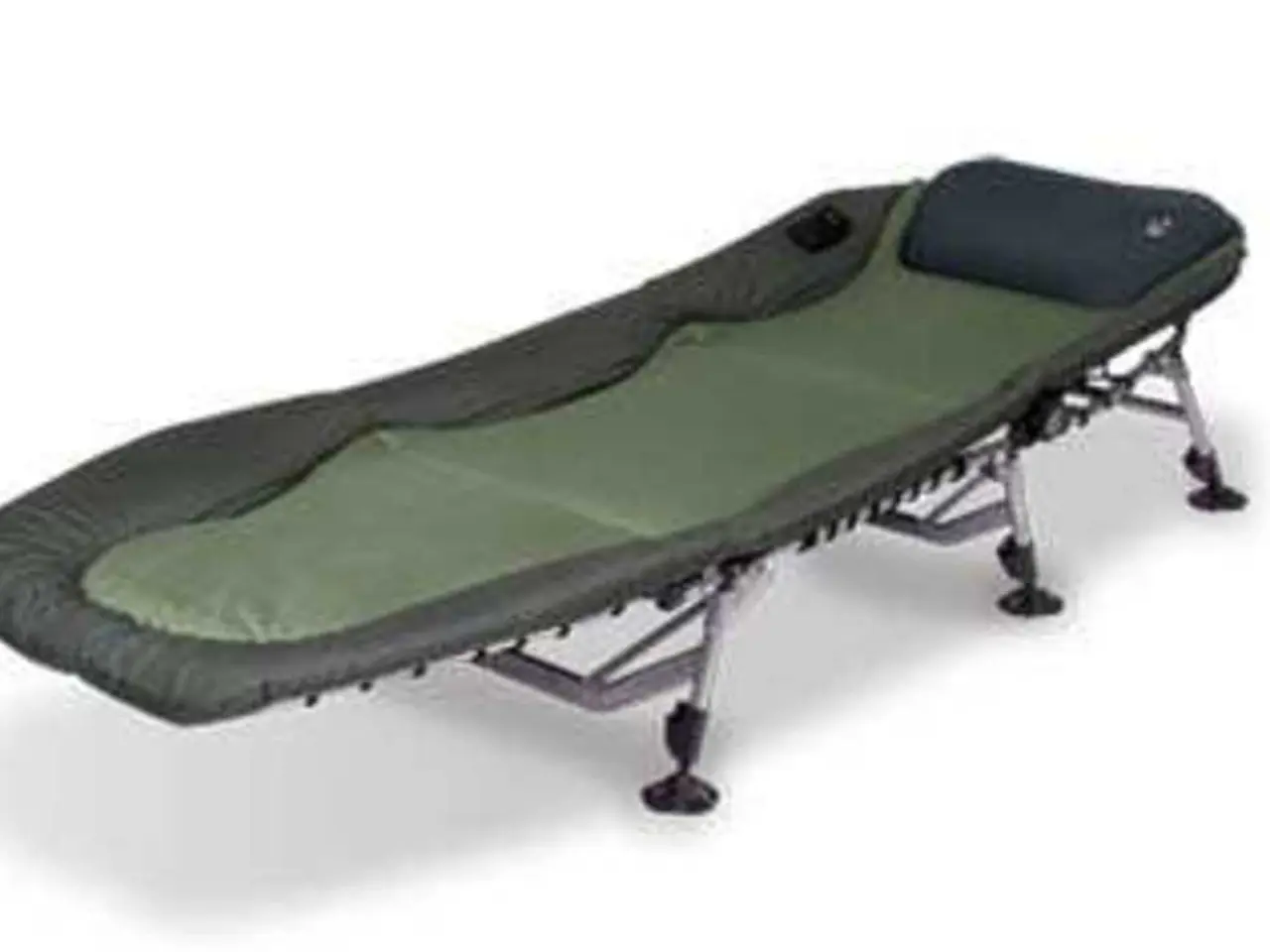Progress of Reconstruction in the Ahr Valley: Current Status Update - Progress on Ahrtal's rebuilding efforts
Four years have passed since the devastating flood in the Ahr Valley, Rhineland-Palatinate, which left 28 out of 28 bridges either destroyed or severely damaged. However, significant progress has been made in the reconstruction efforts, with 14 of these bridges now fully restored and new bridges constructed to enable better connectivity.
The flood caused unprecedented destruction, with water depths reaching up to 10 meters and peak flow rates three to four times higher than historic records. The catastrophe affected not only the bridges but also essential infrastructure such as schools, roads, hospitals, and railways.
Reconstruction efforts have been accompanied by workshops focusing on sustainable waste management, resilience strategies, and modern early warning systems to better prepare for future extreme weather events. European cooperation and knowledge exchange have also played a crucial role in enhancing crisis prevention and early warning.
In terms of schools, repair work is completed at 11 out of 12 schools outside the Ahrweiler district. In the Ahrweiler district, rebuilding is completed for 2 schools, and 12 schools are currently being repaired. New construction for 3 schools in the Ahrweiler district is underway, with 2 already in planning and 1 in preparation.
The expansion and renovation of the five tunnels between Rech and Altenahr have been completed, and all federal and state and district roads in the Ahr Valley, which were damaged or completely destroyed by the flood over a length of around 70 km, are now basically safe to drive on and can be used without restriction.
Nine Ahr bridges and six railway crossings have been rebuilt, and seven structures have been renovated. Trains are expected to run again from Remagen to Ahrbrück by the end of 2025. The sections in the Ahr Valley were predominantly rebuilt provisionally as a quick solution to make all the places accessible again for the rescue services, the residents, and further work.
While one hospital and one rehabilitation clinic were already back in operation in 2021, rebuilding is not yet completely finished for the remaining hospitals. However, all the bridges of Deutsche Bahn destroyed by the flood disaster have been rebuilt.
Despite the progress made, the complexity of restoring the full infrastructure network continues to pose significant logistical and planning challenges. Nine more bridges in Rhineland-Palatinate are currently in various stages of restoration (planning, preparation, or under construction).
Recent commemorations and expert discussions in July 2025 highlighted both successful rebuilding projects and ongoing difficulties in recovery, emphasizing the scale of the task and the need for continued efforts in the Ahr Valley.
The European Community's emphasis on freedom of workers and free movement of workers has offered valuable insights for the region's recovery, with experts leveraging these principles to facilitate the exchange of knowledge in crisis prevention, early warning systems, and sustainable waste management.
In the medical-conditions and health-and-wellness sector, the rebuilding and renovation of hospitals, following the devastating flood, have been instrumental in ensuring science-based healthcare services for the affected communities, striving for a holistic approach to health and resilience.




